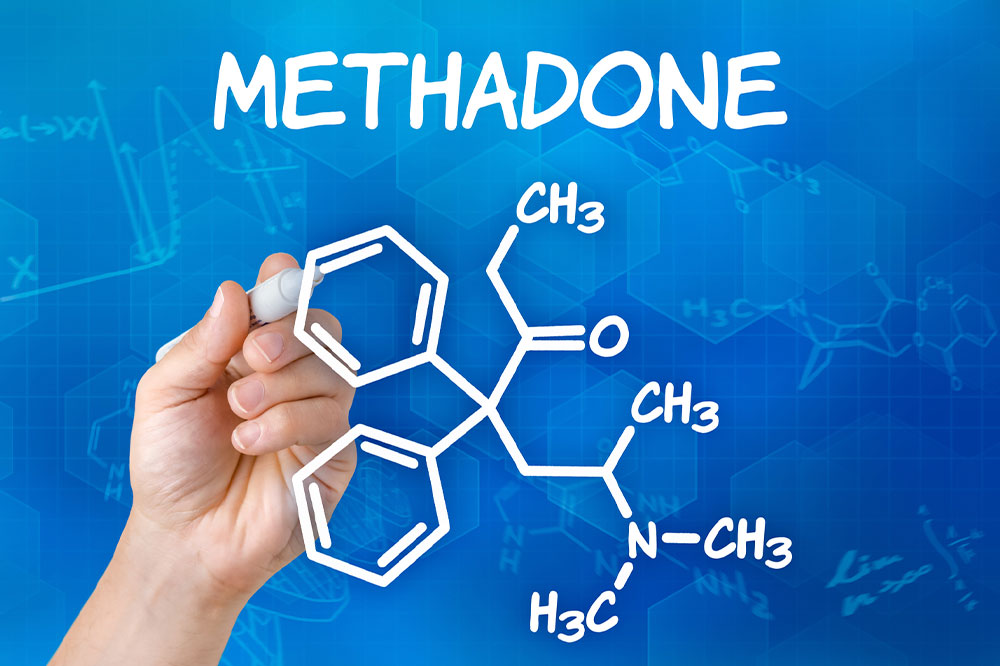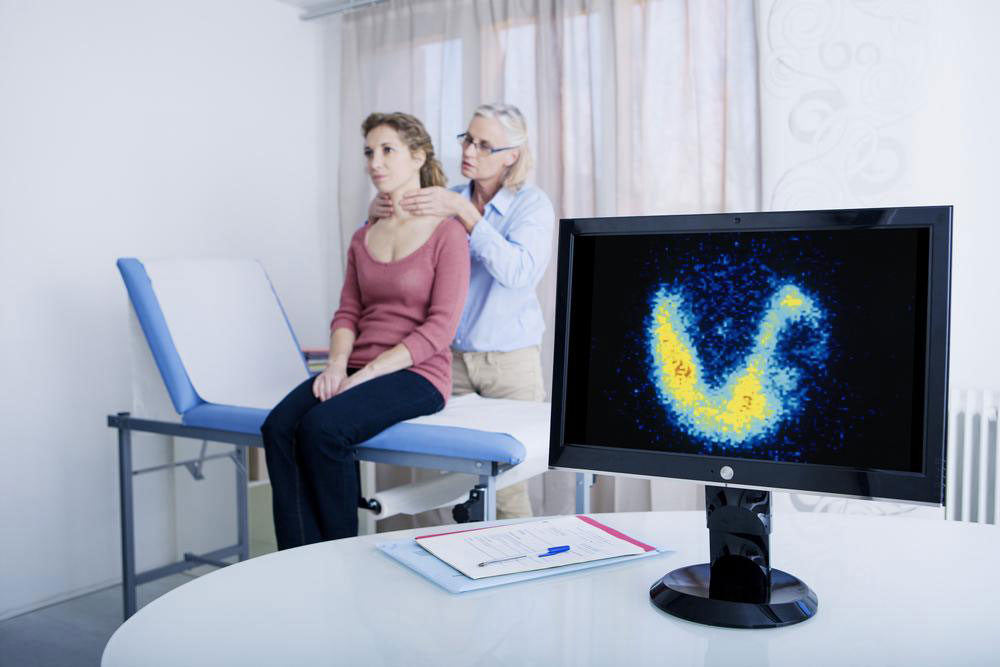Comprehensive Approaches to Managing and Overcoming Opioid Addiction
This comprehensive article explores effective strategies for managing opioid dependence, including understanding the effects of opioids, recognizing withdrawal symptoms, and the importance of medication-assisted treatments combined with counseling. It emphasizes the significance of early intervention, professional help, and advancements in medical science to combat opioid addiction. With over 125,000 overdose deaths in recent years, the article highlights the urgent need for accessible, safe, and effective recovery options to support individuals facing this crisis and to promote healthier, addiction-free lives.

Effective Strategies for Addressing Opioid Dependence
Opioids have become a cornerstone in modern pain management, effectively alleviating severe and chronic pain. However, their potent analgesic properties come with an inherent risk: high potential for addiction. With recent statistics revealing that over a third of the population experiences some form of pain requiring medical attention, opioid medications are frequently prescribed. Sadly, this widespread use has led to a surge in dependency issues, with approximately 40% of adults in some regions using opioids for pain relief. The tragic consequence of this trend is the alarming number of overdose deaths, which have surpassed 125,000 in the past three years alone—averaging more than 100 fatalities daily. This underscores the pressing need for effective management and treatment strategies for opioid dependence.
Understanding the pharmacological effects of opioids on the human body is essential for both medical professionals and users. These drugs work by binding to specific receptors in the brain and spinal cord, disrupting pain signals and producing feelings of euphoria. While this mechanism provides effective pain relief, it also alters brain chemistry in ways that can lead to dependence. As tolerance develops, individuals often escalate their dosage to achieve the same effect, increasing the risk of overdose and addiction. Withdrawal symptoms during detoxification can be severe, making it essential to approach treatment in a controlled, medical setting.
During detoxification, individuals may experience a wide range of symptoms, such as irritability, mood swings, body aches, nausea, dilated pupils, excessive yawning, goosebumps, vomiting, and sweating. These symptoms may last from several days to weeks, depending on the duration and magnitude of opioid use. Because of the complex nature of opioid dependence, comprehensive treatment plans that include medication-assisted therapies (MAT), counseling, and behavioral therapies are most effective. These integrated approaches help ease withdrawal symptoms, curb cravings, and significantly reduce the risk of relapse.
While opioids are powerful tools for pain management, their addictive nature can lead to devastating health consequences. Fortunately, advances in medical science have paved the way for more effective treatment options tailored to those suffering from dependency. Medication-assisted treatment (MAT) uses drugs such as methadone, buprenorphine, or naltrexone to help manage withdrawal symptoms and reduce cravings. These medications are often combined with psychological counseling and support groups to improve long-term recovery outcomes. Recognizing the importance of early intervention and professional support can make a significant difference in overcoming opioid addiction.
Addressing opioid dependence requires a commitment from patients, healthcare providers, families, and communities. Education about the risks associated with opioids, proper prescribing practices, and access to addiction treatment services are vital components of a comprehensive strategy. For individuals battling opioid addiction, seeking timely help can lead to a renewed, healthier life free from dependency. Innovations in treatment approaches continue to emerge, offering hope for non-addictive pain management solutions in the future. Overcoming dependence is a challenging journey, but with evidence-based therapies and dedicated support, recovery is achievable. If you or someone you love is struggling with opioid dependence, reaching out to healthcare professionals promptly is the first step toward regaining control and achieving sustained recovery.





